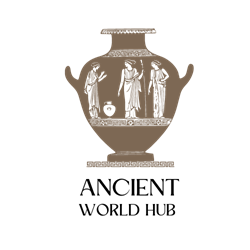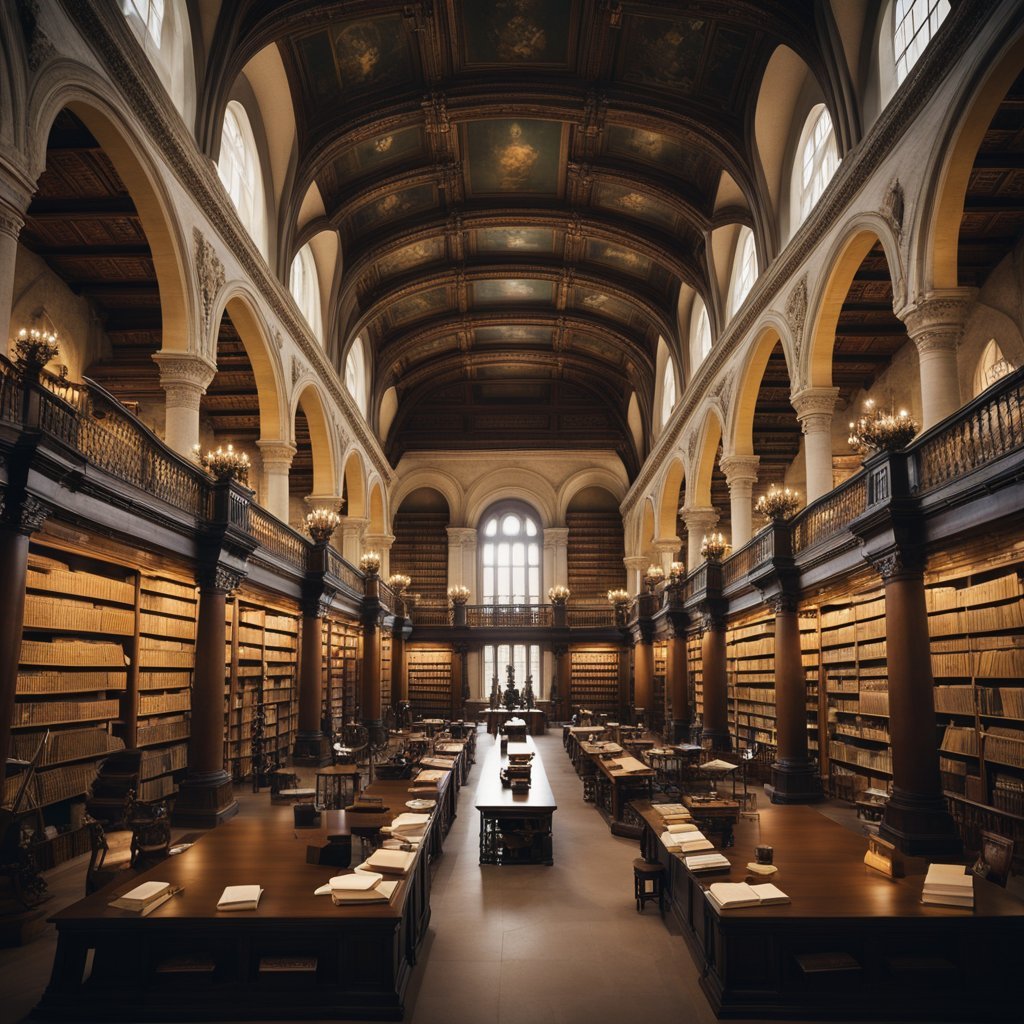Imagine a place where the greatest minds of antiquity converged, a sanctuary of knowledge in an age when written words were sacred treasures. Nestled in the heart of Alexandria, Egypt, the Library of Alexandria was one of the most significant libraries of the ancient world, drawing scholars from all corners of the Mediterranean. Its vast collection included works by legendary figures like Homer, Plato, and Socrates.
Founded under the Ptolemaic Dynasty around the 3rd century BCE, the library quickly became the bustling intellectual hub of its time. This institution was part of the larger research institute known as the Alexandrian Museum, or the Mouseion, which means “shrine of the Muses.” While many ancient civilizations had libraries and archives, none compared to Alexandria’s in scale and influence.
The enduring mystery surrounding the library’s fate only adds to its legendary status. Though popularly believed to have been destroyed in a massive fire, the exact details remain shrouded in controversy and intrigue. This enigma continues to captivate historians and book lovers alike, begging the question—what treasures of ancient thought were lost to time, and what legacy did the Library of Alexandria leave behind?
The Rise of the Library of Alexandria

The Library of Alexandria emerged as a monumental institution due to royal patronage, systematic collection and organization efforts, and engagement with prominent scholars and intellectuals.
Founding and Royal Patronage
The Library of Alexandria was founded during the reign of Ptolemy I Soter around 295 BCE. The idea came from Demetrius of Phalerum, an exiled Athenian statesman who envisioned a library that housed a copy of every book in the world.
Ptolemy I and his successors supported this vision, providing resources and funding. The library was part of the larger Musaeum, a research institution dedicated to the Muses. This royal backing helped the library quickly amass a vast collection.
Collection and Organization
The library’s collection strategy was aggressive and comprehensive. It sought to gather all known written works, often acquiring originals and making copies of texts from different parts of the world.
Books were collected through various means, including purchases, donations, and even confiscation. Scholars meticulously organized these texts using a systematic cataloging method. This organization was likely one of the earliest forms of the library catalog, making access to information more efficient.
Prominent Scholars and Intellectuals
Prominent scholars from various fields gathered at the Library of Alexandria, making it a hub of intellectual activity. Figures such as Euclid, the mathematician, and Eratosthenes, the geographer, were among the notable residents. Aristarchus of Samothrace, a renowned grammarian, also spent time there.
These scholars contributed significantly to their fields, engaging in research, teaching, and writing. Their presence and output helped cement the library’s reputation as a premier center for learning and scholarship.
The Fall and Legacy of the Library

The fall of the Library of Alexandria remains a topic of significant debate and mystery. Its legacy continues to inspire and symbolize the pursuit of knowledge in modern times.
Destruction and Loss of Knowledge
The exact timeline and events leading to the destruction of the Library of Alexandria are shrouded in uncertainty. There were likely multiple incidents that contributed to its demise. One significant event was the fire during Julius Caesar’s invasion of Alexandria in 48 BCE, which reportedly burned part of the Library.
Centuries later, further destruction may have occurred during the decline of pagan temples in the 4th century. By the time of the Arab conquest in the 7th century, the Library had already diminished in prominence. This loss severely impacted the preservation of ancient texts, leading to a gap in historical, scientific, and literary knowledge.
Modern Symbolism and Cultural Impact
Today, the Library of Alexandria stands as a powerful symbol of intellectual aspiration and the fragility of human knowledge. Its story emphasizes the importance of preserving cultural and scientific heritage.
The modern Bibliotheca Alexandrina, inaugurated in 2002, aims to recapture the spirit of the ancient library. It serves not only as a library but as a cultural center, hosting conferences, exhibitions, and research activities. This revival underscores the lasting influence of the Library of Alexandria on contemporary educational and cultural landscapes.

